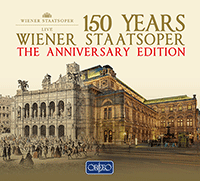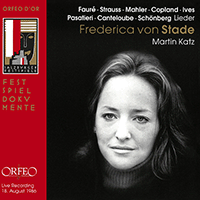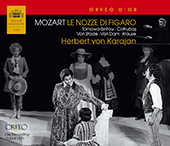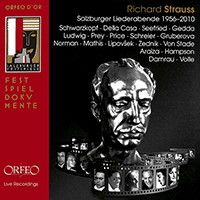Frederica von Stade
Mezzo-soprano Frederica von Stade continues to be extolled as one of the music world’s most beloved figures, and has enriched the world of classical music for four and a half decades. Though she retired from full-time performances in 2010, she continues to make special appearances in concert and opera.
Her career has taken her to the stages of all the world’s great opera houses and concert halls. She has made over 70 recordings with every major label, and her recordings have garnered six GRAMMY nominations, two Grand Prix du Disque awards, the Preis der deutschen Schallplattenkritik, Italy’s Premio della Critica Discografica, and “Best of the Year” citations by Stereo Review and Opera News. In 1998 France appointed von Stade an officer of L’Ordre des Arts et des Lettres, and in 1983 she was given an award at The White House by President Reagan in recognition of her significant contribution to the arts. In January 2024 she was inducted into the 2023 Opera Hall of Fame by OPERA America.




















